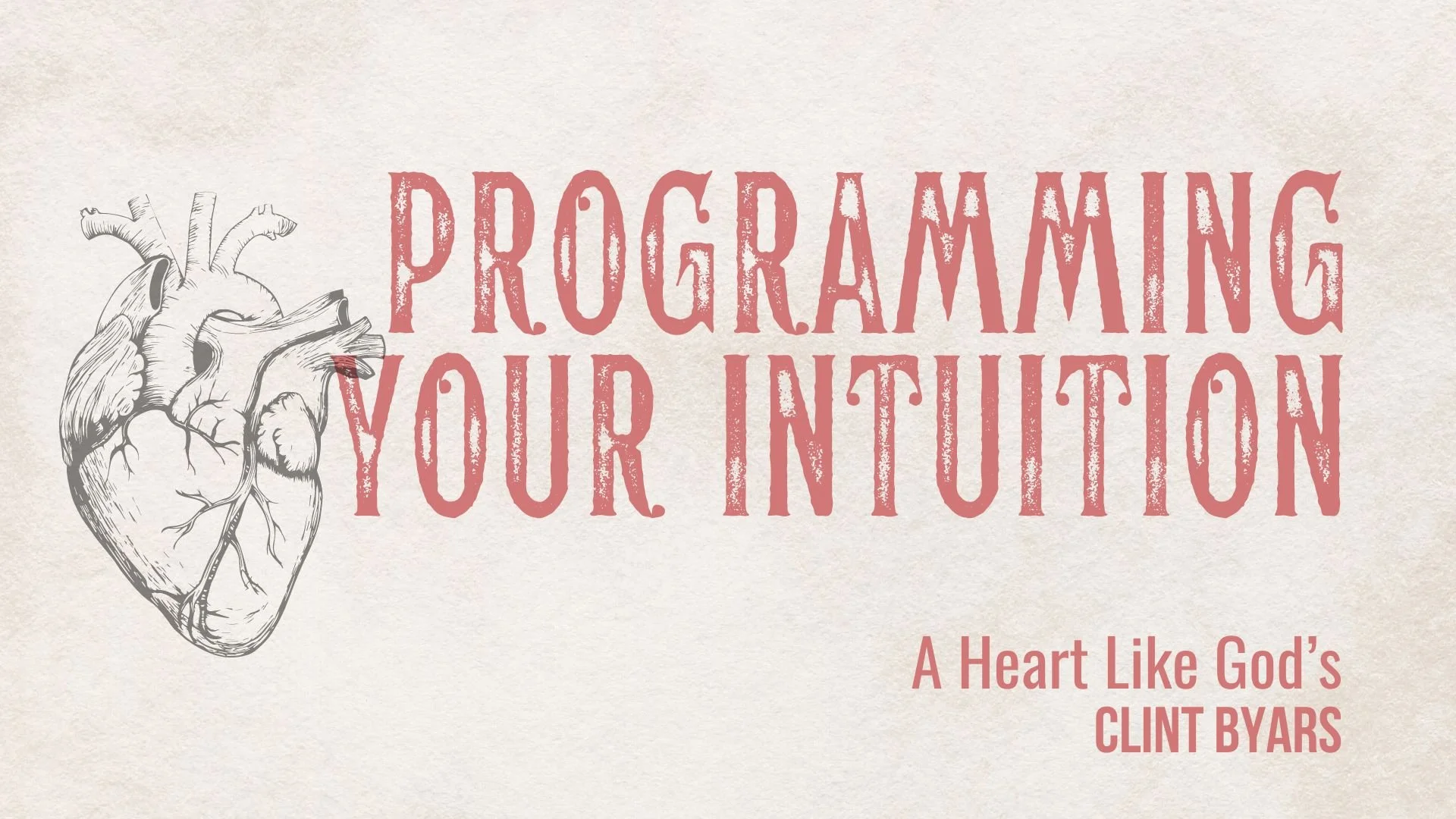Demons are real. They’re active today. But they’re operating illegally, contrary to the theology of many modern deliverance ministries. Deliverance and casting out devils are legitimate aspects of the church’s ministry in the world, but not like what’s typically displayed in deliverance seminars.
Much of deliverance ministry is steeped in legalistic, spiritual-sounding mysticism. Instead of being anchored in the finished work of Jesus Christ, much of today’s deliverance practices revolve around an unbalanced focus on evil spirits, dialogue with demons, mystical legalistic checklists of open doors, and burdensome rituals for "freedom" that have already been secured for us by the blood of Christ.










